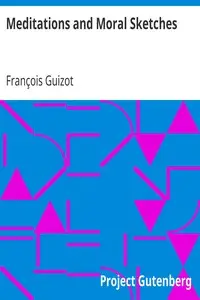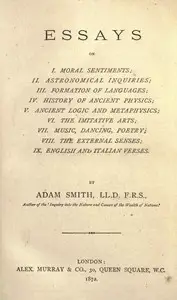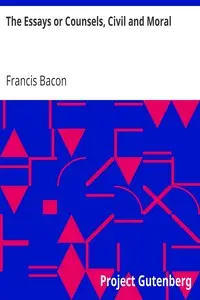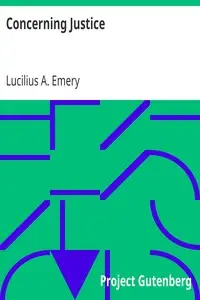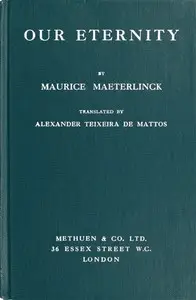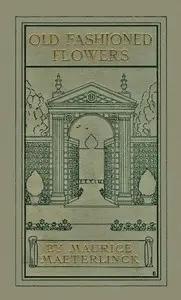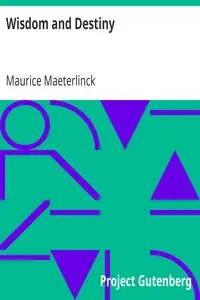"The Buried Temple" by Maurice Maeterlinck is a set of thoughtful essays from the early 1900s, which deeply examines big ideas about fairness, right and wrong, and what it means to be alive. The author looks at what real justice is in our lives and in the world around us by raising questions about whether there's a powerful, all-knowing judge, pondering our sense of what's good, plus pointing out the tension between a spiritual view of justice and the way we deal with each other day to day as people. He hints that the rules we make as a society don't always match the moral choices each person makes. As the author considers different sides of fairness—like how it plays out in society, nature, and our personal sense of morality—readers realize how tricky and full of conflict our ideas about justice can be, preparing them to think more deeply about how we see fairness and what that means for us.

The Buried Temple
By Maurice Maeterlinck
A series of essays explores the complexities of justice, challenging readers to rethink their understanding of fairness in society, morality, and the universe.
Summary
About the AuthorMaurice Polydore Marie Bernard Maeterlinck, also known as Count/Comte Maeterlinck from 1932, was a Belgian playwright, poet, and essayist who was Flemish but wrote in French. He was awarded the Nobel Prize in Literature in 1911 "in appreciation of his many-sided literary activities, and especially of his dramatic works, which are distinguished by a wealth of imagination and by a poetic fancy, which reveals, sometimes in the guise of a fairy tale, a deep inspiration, while in a mysterious way they appeal to the readers' own feelings and stimulate their imaginations". The main themes in his work are death and the meaning of life. He was a leading member of La Jeune Belgique group, and his plays form an important part of the Symbolist movement. In later life, Maeterlinck faced credible accusations of plagiarism.
Maurice Polydore Marie Bernard Maeterlinck, also known as Count/Comte Maeterlinck from 1932, was a Belgian playwright, poet, and essayist who was Flemish but wrote in French. He was awarded the Nobel Prize in Literature in 1911 "in appreciation of his many-sided literary activities, and especially of his dramatic works, which are distinguished by a wealth of imagination and by a poetic fancy, which reveals, sometimes in the guise of a fairy tale, a deep inspiration, while in a mysterious way they appeal to the readers' own feelings and stimulate their imaginations". The main themes in his work are death and the meaning of life. He was a leading member of La Jeune Belgique group, and his plays form an important part of the Symbolist movement. In later life, Maeterlinck faced credible accusations of plagiarism.

